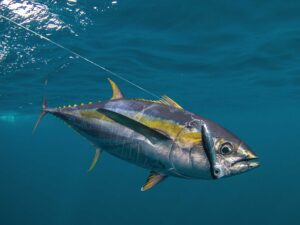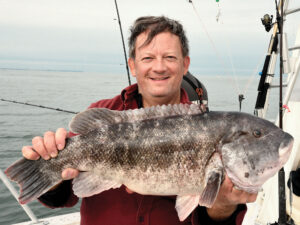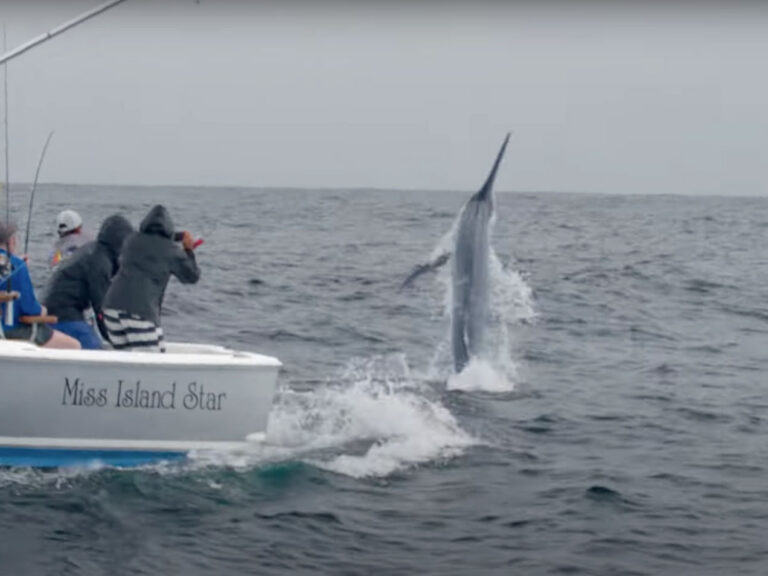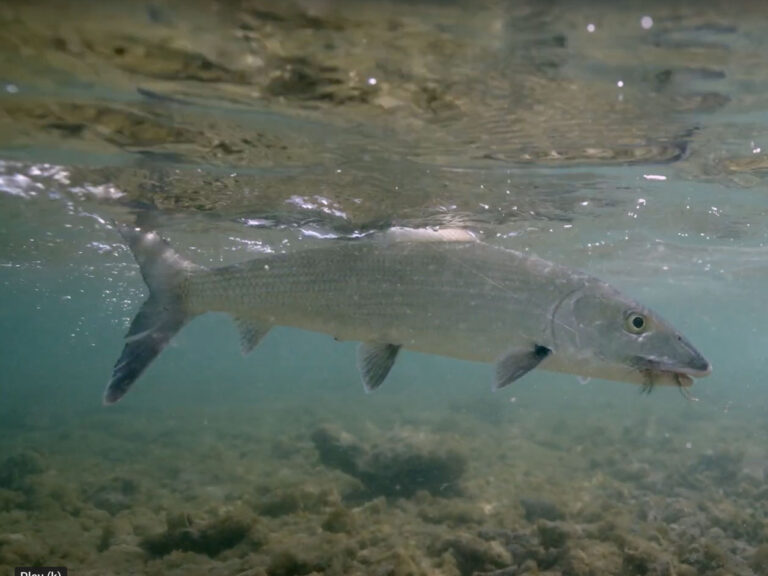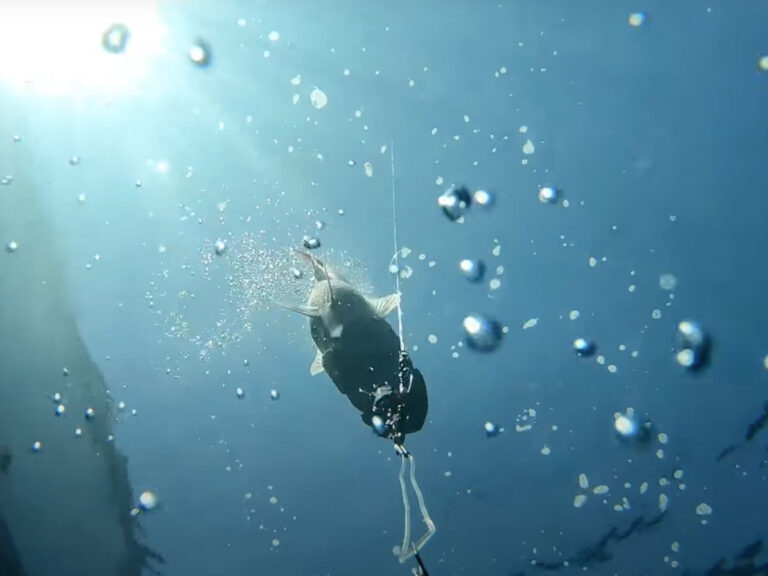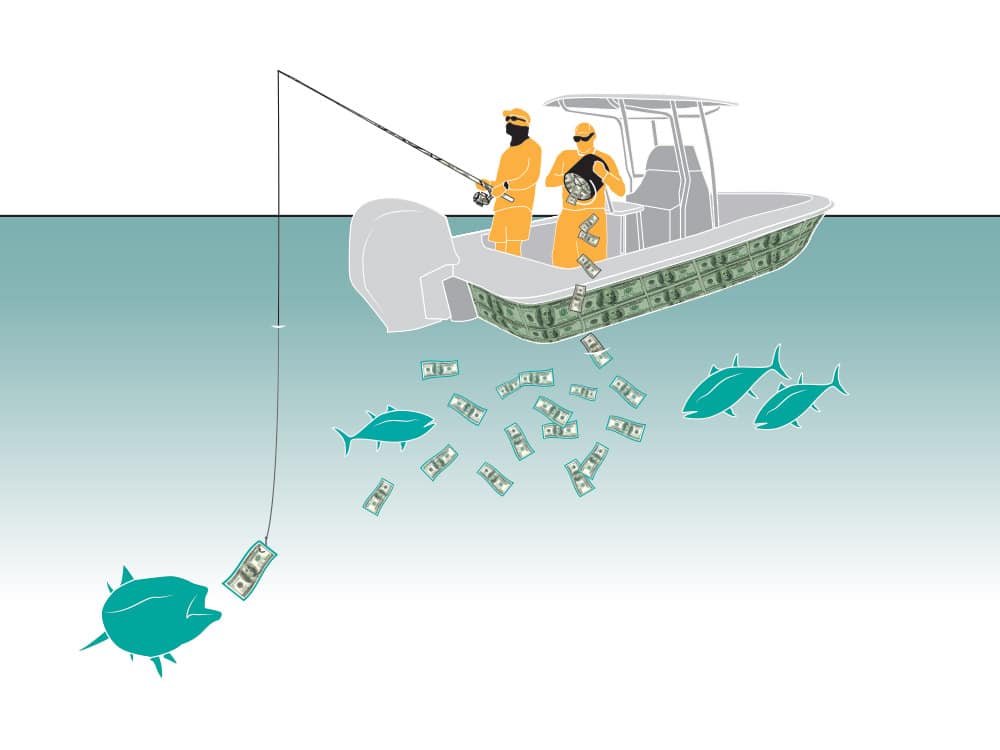
It has been approximately 10 years since the National Academy of Sciences declared that the NOAA Fisheries data-collection system had some serious problems.
To those of us who had looked at the output from those data-collection efforts, it was no surprise that the Marine Recreational Fisheries Statistics Survey (MRFSS) was not a good process. It was never designed as a way to get management-level information but, because of necessity, it was being used for that purpose.
We always like to beat up “the government” for what we perceive to be unacceptable performance and, let’s face it, it is a big target. Certainly, its response to the declaration by the National Academy of Sciences of MRFSS being flawed was laudable, but many of us have been critical of the time taken to get the new Marine Recreational Information Program (MRIP) up and functional. I’d like to say that I know enough about statistics and statistical analysis that it could have been done in a much shorter time, but I do not. For certain, I am aware that NOAA Fisheries took the time to get it right, and that required a lot of assumptions to be tested and a lot of pilot programs to be rolled out and analyzed. That takes time.
“MRIP has made significant improvements in gathering information through redesigned surveys, strengthening the quality of data. Although many of the major recommendations from the 2006 report were addressed, some challenges remain, such as incorporating technological advances for data collection and enhancing communication with anglers and some other stakeholders.”
Get It Right
Over the years, I have had discussions with those who have worked on this program, and they had one overriding concern: They absolutely had to get it right this time or recreational users would never believe the results. There are likely more than a few who’ll never believe the results anyway, but I digress.
This past winter, NAS announced the results of its analysis of the new MRIP data-collection system: “MRIP has made significant improvements in gathering information through redesigned surveys, strengthening the quality of data. Although many of the major recommendations from the 2006 report were addressed, some challenges remain, such as incorporating technological advances for data collection and enhancing communication with anglers and some other stakeholders.”
As we move forward, better recreational catch data will impact a number of stock assessments that are important to the recreational fishing industry. Some of the assessment changes may be good news (more fish than previously thought), and some may be bad news (less fish). From my standpoint, getting better information is always a positive and will help with managing our fisheries resources at sustainable levels. My hope is that tinkering with the process will be an ongoing effort that always strives for that elusive perfection.
While this data-collection improvement is “big league,” or “bigly” as some say, and important to the recreational fishing industry, there is a lesser-known event happening that I think is even more important.
Follow the Money
Over the years, this column has harped on the need for real economic data on the impact of the recreational fishing industry to the overall gross domestic product. Too often those in decision-making positions think of recreational fishing as a lot of folks out having a good time. Well, they are partially right. But the rest of the story is that there are billions and billions of dollars of economic activity associated with that fun. And that economic activity and the employment it provides need to be recognized.
As President Obama left office, he signed the Outdoor Recreation Jobs and Economic Impact Act of 2016, or the Outdoor REC Act. This legislation requires the Department of Commerce, in collaboration with the Department of the Interior and the Department of Agriculture, to assess and analyze the economic and employment contributions of the outdoor recreation industry, including recreational fishing, to the United States economy.
“We have advocated for years that recreational fishing and boating were significant economic drivers. It’s gratifying that the House and the Senate, in a bipartisan effort, passed this bill, which the president has now signed into law.”
American Sportfishing Association President and CEO Mike Nussman
Game Change
American Sportfishing Association President and CEO Mike Nussman praised the effort. “We have advocated for years that recreational fishing and boating were significant economic drivers. It’s gratifying that the House and the Senate, in a bipartisan effort, passed this bill, which the president has now signed into law.”
The enactment of the Outdoor REC Act will ensure that the outdoor industry, with its $646 billion in economic activity and approximately 6 million jobs, many of which are in rural areas with relatively high unemployment, gets official recognition. It will mean that decision-makers cannot simply ignore official economics data. It is probably too much to hope for, but it may also mean that some level of economics gets layered into the allocation process for our finfish resources. That would be a game changer.
Each of these actions individually is an important step forward for the recreational fishing industry and for all those who fish recreationally. Both of these working in concert change the paradigm all together. They have the potential to make sure that recreational anglers are no longer treated as simply a bunch of folks who play with their food. You are the outdoor enthusiasts who sustainably utilize a resource and generate substantial economic benefit from it.



